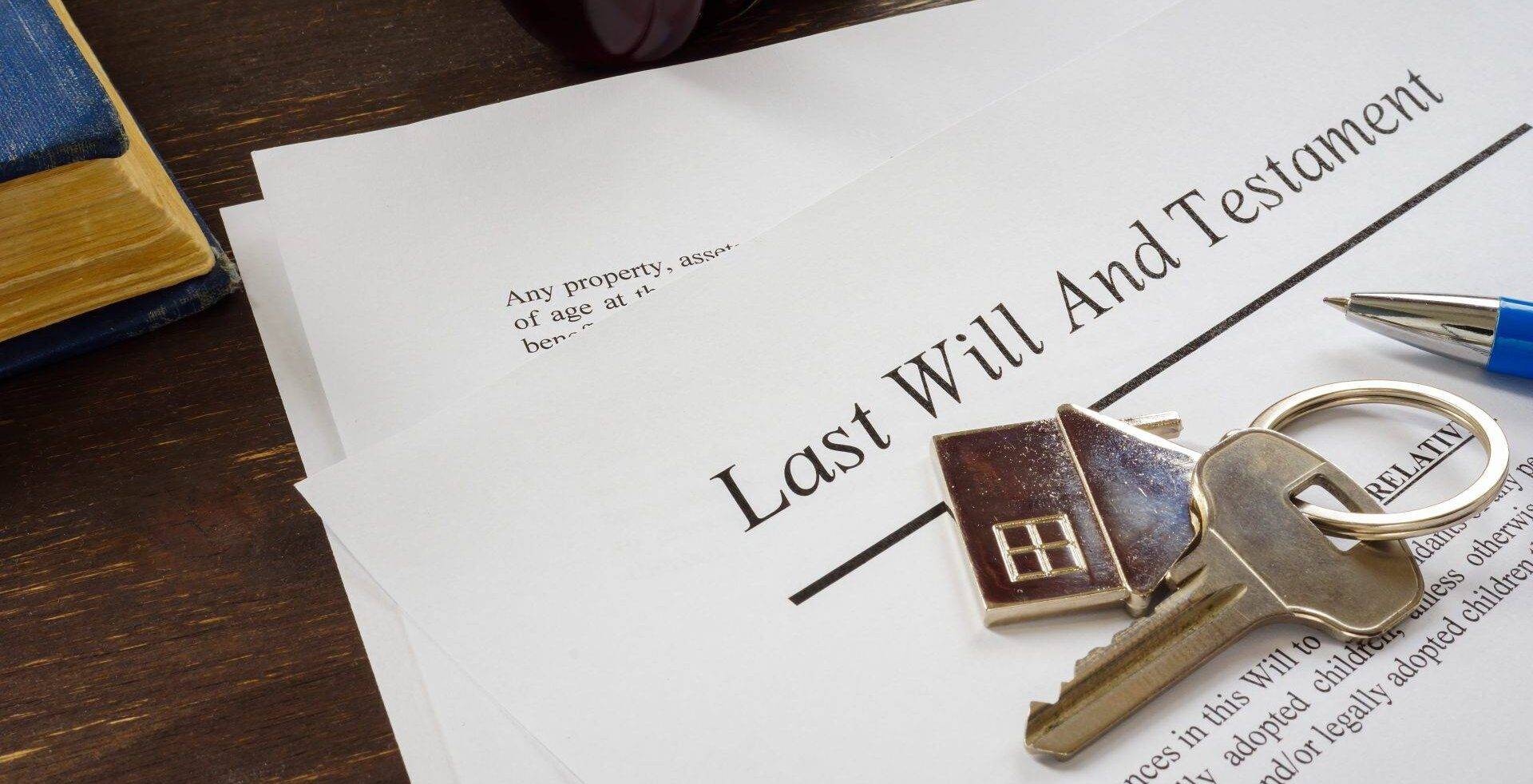It is always a helpful reminder that the test for capacity and undue influence on gifts given in an individual’s lifetime is different from the Banks v Goodfellow test applied to assess testamentary capacity when making a Will.
Capacity
The statutory test for capacity for lifetime giving is governed by the Mental Capacity Act 2005 (MCA). The Act sets out a two-stage test of capacity:
- Does the person have an impairment of their mind or brain, whether as a result of an illness, or external factors such as alcohol or drug use?
- Does the impairment mean the person is unable to make a specific decision when they need to?
The principles of the MCA
The following principles apply for the purposes of this Act:
- A person must be assumed to have capacity unless it is established that he lacks capacity.
- A person is not to be treated as unable to make a decision unless all practicable steps to help him to do so have been taken without success.
- A person is not to be treated as unable to make a decision merely because he makes an unwise decision.
- An act done, or decision made, under this Act for or on behalf of a person who lacks capacity must be done, or made, in his best interests.
- Before the act is done, or the decision is made, regard must be had to whether the purpose for which it is needed can be as effectively achieved in a way that is less restrictive of the person’s rights and freedom of action.
It is important to remember that someone can lack the capacity to make some decisions but still have the capacity to make other decisions.
The common law test for the capacity to make a gift is set out in the case of Re Beaney [1978] 1 WLR 770. The level of capacity expected is relative to the gift being made, hence the larger the gift given, the higher the level of understanding required. It is not unexpected that it is deemed that the lower the capacity makes an individual more vulnerable to undue influence.
Undue influence
There are two tests for whether undue influence was the cause for a gift to be made during a person’s life. The first is actual undue influence, where there does not need to be a pre-existing relationship between the parties and the level of coercion is so high that the gift giver is no longer making the decision for themselves. He/she who alleges actual undue influence must prove it.
The second is presumed undue influence, and this is based on a gift made that cannot be explained satisfactorily in terms of ordinary human motivation and the nature of the relationship between the influencer and the person making the gift. Relationships of confidence and trust between parties or a specific relationship such as that between parents and a child, doctor, and patient, a solicitor can create a presumption of undue influence unless the person in the position of ascendency can prove it was the person making the gift’s genuine intention to make the gift, usually through evidence of independent legal advice being taken.
In the recent case of Williams v Williams [2022} EWHC 1334 (Ch), it was made clear that there is a difference between the application of the test for undue influence in lifetime giving and the probate doctrine. Here the Claimant’s representative erroneously tried to argue that presumed undue influence applied. However, this was rejected by the Court as having no relevance in the case which was considering undue influence in respect of a Will, the Judge cited Lewison J in Re Edwards (deceased). “presumed undue influence” has no relevance to the validity of a Will.
It is a well-known fact that proving a lack of capacity and undue influence after an individual has passed away is notoriously difficult because of the lack of evidence. This makes it of greater importance for vigilance in an individual’s lifetime to identify potential undue influence, giving a greater chance of success in voiding a gift that has been made when the giver has not done so by their own free will.
How can we help?
Lesley Harrison is an Associate in our expert Dispute Resolution team.
If you have any questions concerning the subjects discussed in this article, please do not hesitate to contact Lesley or another member of the team in Derby, Leicester, or Nottingham on 0800 024 1976 or via our online enquiry form.
Contact usIf this article relates to a specific case/cases, please note that the facts of this case/cases are correct at the time of writing.


